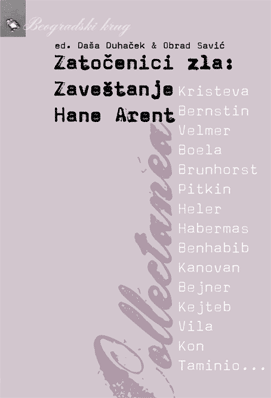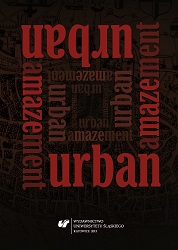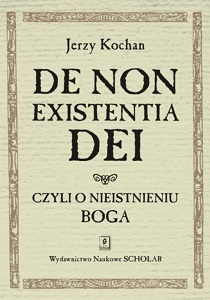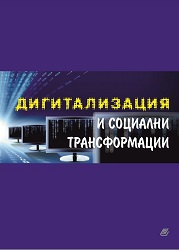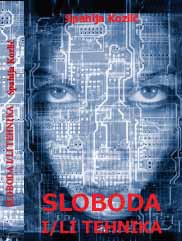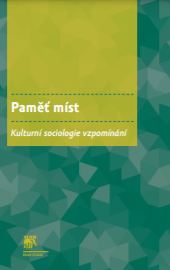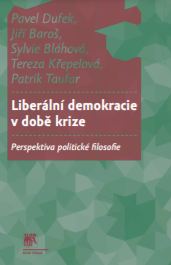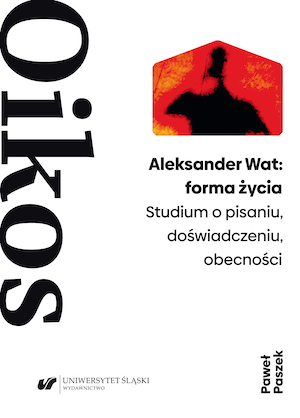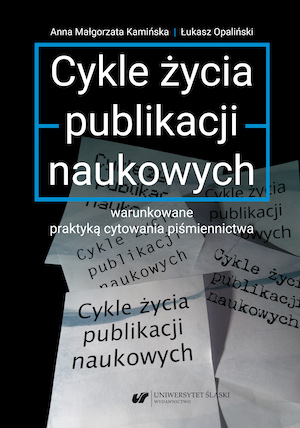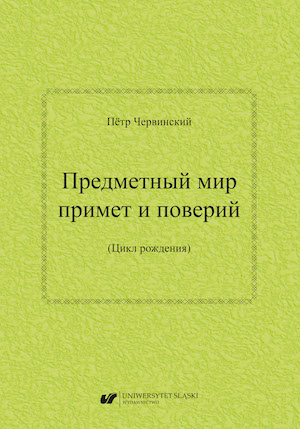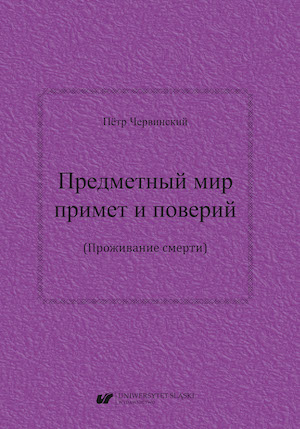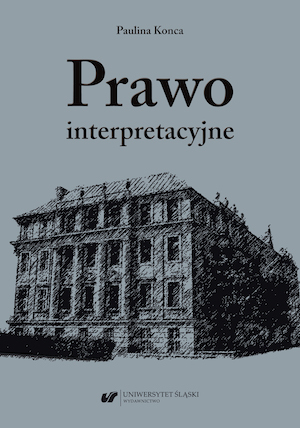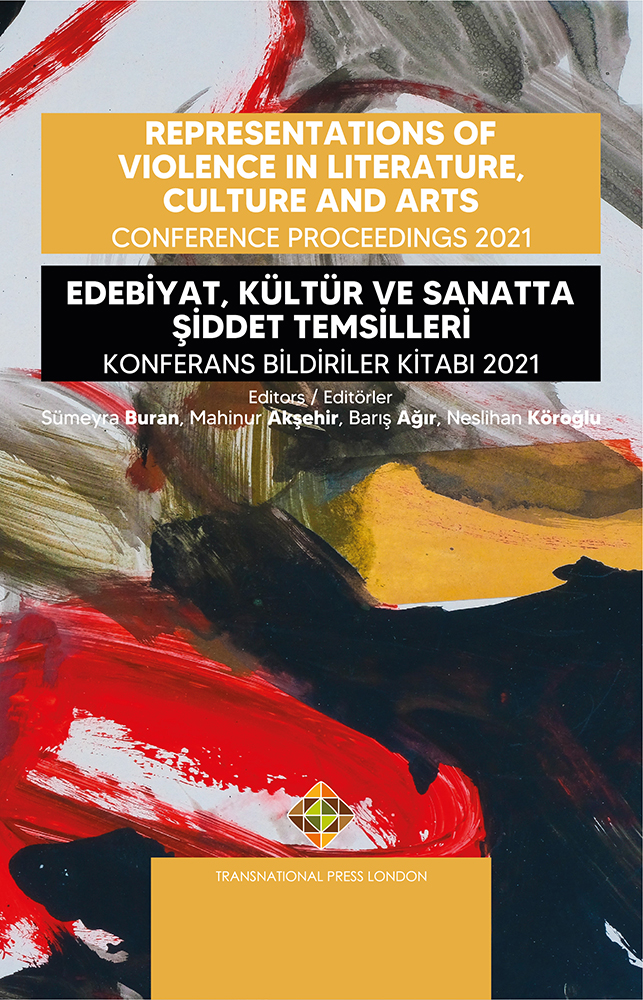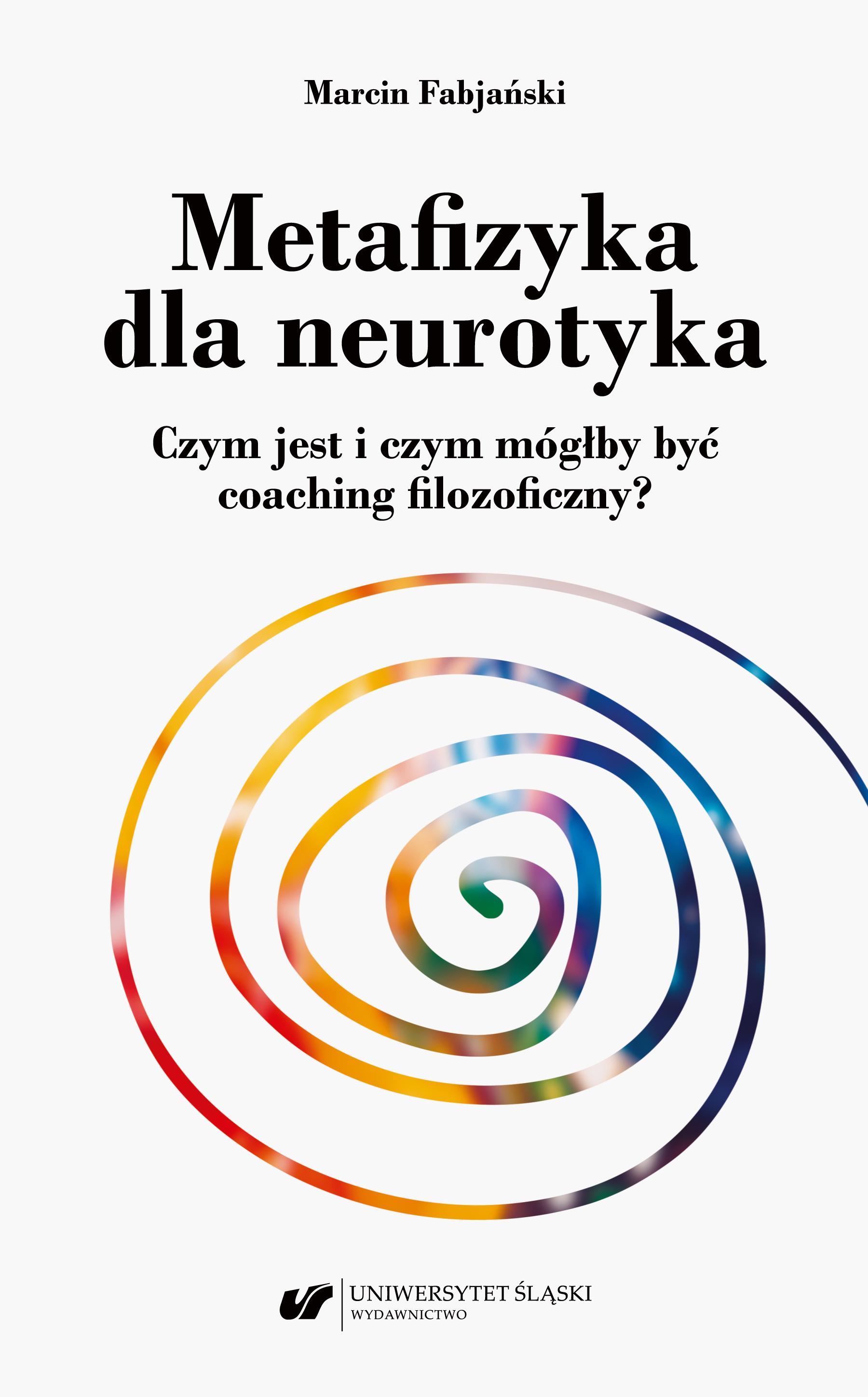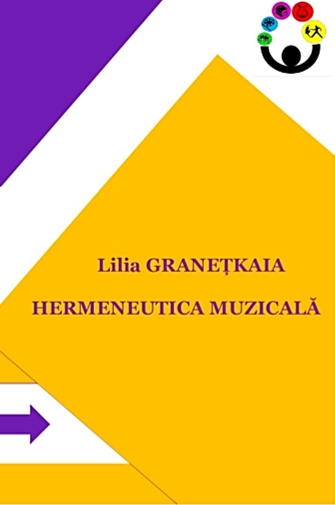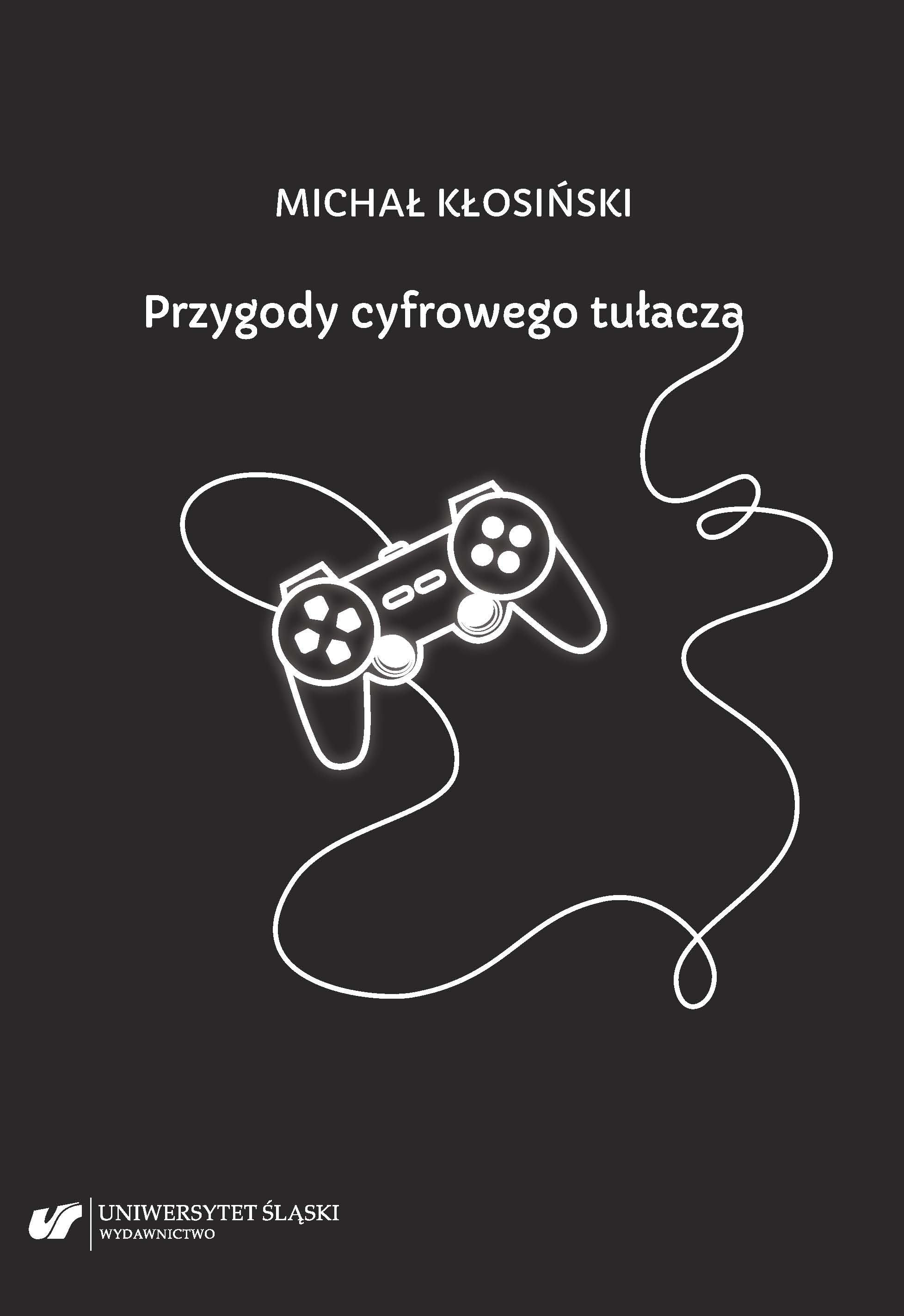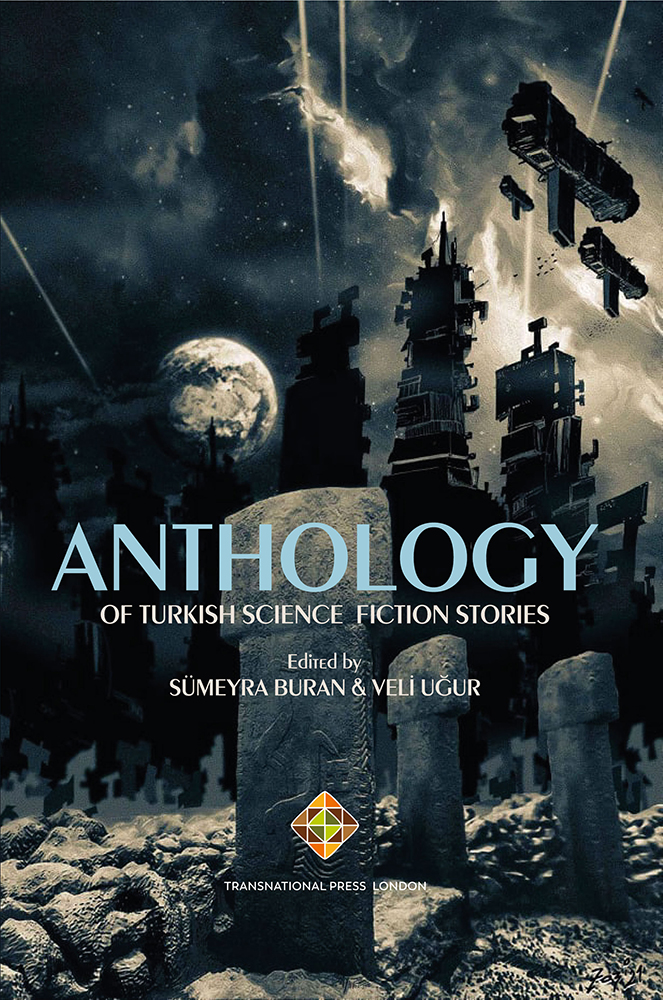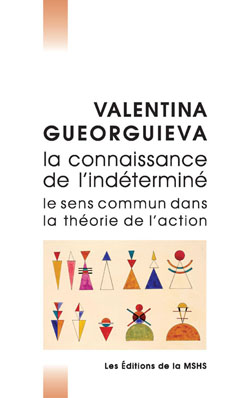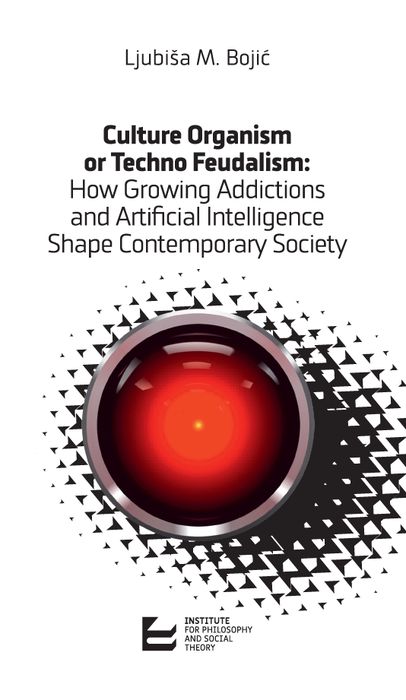Author(s): Jiří Stodola / Language(s): English
The study Information as a Transcendental Concept: the Future of Information Science deals with the key concept of information science, the concept of information which is tied to a number of complications. The main problem is that there is no definition of this concept. The purpose of this study is an analysis of the concept of information from the position of classical logic. The main method of the study is a conceptual analysis. First, we briefly deal with the overview of the concepts of information, with concepts and their definition as such and with the scope of the concept of information. Then, we provide an analysis of 31 important definitions of the concept of information which were developed within the scope of information science and related fields, and we consider relations between the concept of information and the concepts in other disciplines. Conceptual analysis of the concept of information leads to the conclusion that information is probably a concept that somehow addresses the entire reality, thus that it is a term, which is in the classical logic described as transcendental. This fact, in the view of the fact that information science is a special field, seems to be a serious methodological problem. Problems associated with the broadness of the concept of information have three possible solutions: transformation of information science into the universal science, narrowing the concept of information to a special term, or replacement of the concept of information by a different one. At the end of the study, we briefly point out our solution to the problem. In the study Information as an Analogical Concept: the Possibility of Information Ecology, the author presents the view that information ecology can be considered a theoretical reaction to the inquiry into the character of the concept of information, especially as regards addressing of the so-called Capurro’s trilemma. The trilemma consists in answering the question of whether information is a univocal, analogical, or equivocal concept. In this study, the concepts of univocity, analogy and equivocity are introduced and some propositions conceptualizing information as a univocal, analogical and equivocal concept are discussed. It is also shown that the development of information ecology is possible only if we regard information as an analogical concept. The purpose of the study Information and Visually Impaired: Arguments for Realism in Information Science is to evaluate the functionality of the particular epistemological schools with regard to the issues of users with visual impairment, to offer a theoretical answer to the question why these issues are not in the center of the interest of information science, and to try to find an epistemological approach that has ambitions to create the theoretical basis for the analysis of the relationship between information and visually impaired users. The methodological basis of the study is determined by the selection of the epistemological approach. In order to think about the concept of information and to put it in relation to issues associated with users with visual impairment, a conceptual analysis is applied. We find that most of information science theories are based on empiricism and rationalism; this is the reason for their low interest in the questions of visually impaired users. Users with visual disabilities are out of the interest of rationalistic epistemology because it underestimates sensory perception; empiricism is not interested in them paradoxically because it overestimates sensory perception. Realism which fairly reflects such issues is an approach which allows the providing of information to persons with visual disabilities to be dealt with properly. The study Information and Data De-visualization: Information for Visually Impaired deals with the providing information to visually impaired user. The current trend in providing information is data visualization. Raw, textual, orderless data are transformed into structured information through visualization. It is assumed that sight is the main receptor through which information flows to a person, and which allows him to grasp the whole subject at once in one time. Thanks to this, it is possible to quickly acquire an overview of the structure of the object which is explored. However, advancing visualization causes difficulties to users who cannot use sight to acquire information – users with a visual impairment, especially blind users. In order to fulfill their right to information, it is necessary to de-visualize information, i.e. to transform information into a form other than visual; because blind users replace sight by touch and hearing, it is necessary to provide haptization and audialization of the visual information. We focus on methods of haptization and audialization of information for visually impaired users and define and classify documents that are created by the haptization and audialization of information. The study Information for Visually Impaired: a Document Paradigm Revival aims to show that the classical document paradigm in information science has the greatest potential to grasp the issues related to providing information to persons with visual disabilities. Additionally, it aims to ascertain whether the FRBR (Functional Requirements for Bibliographic Records) study is usable in this area. The study is divided into two parts. In the first part, the paradigmatic turns in information science are briefly presented with an examination of their impact on the issues connected with users with visual disabilities. The second part briefly describes the structure of the bibliographic universe and with an examination of how it is possible to create a model of documents for users with visual impairment and of associated processes. The model of the bibliographic universe is applied to the situation of the documents for visually impaired users which currently exist. Methodologically, the study is based on the information system analysis. There is described and used an entity-relationship approach to a model of the bibliographic universe on which the FRBR study is based. The subject of the study Information Macroethics: the Problem of Abortions is the relationship between information ethics and abortion. First, two kinds of information ethics are defined (information microethics and information macroethics) on the basis of the epistemological and ontological approaches to the concept of information. Then, the question of abortion is related to information macroethics. A result of the investigation realized within information macroethics consists in the universal rejection of abortions as morally defective acts. The study Information Microethics: the Problem of Disinformation identifies the principles of information ethics formulated in philosophy and information science; examines the concept of disinformation and its role in the principles of information ethics; divides individual areas of information ethics using a uniform criterion; identifies possible dilemmas and determines what role disinformation plays in these dilemmas; applies the principles of information ethics to address the basic dilemmas of information ethics. Its main objective is to investigate whether so-called allethic neutrality is an acceptable concept in defining the notions of information and disinformation.
More...
